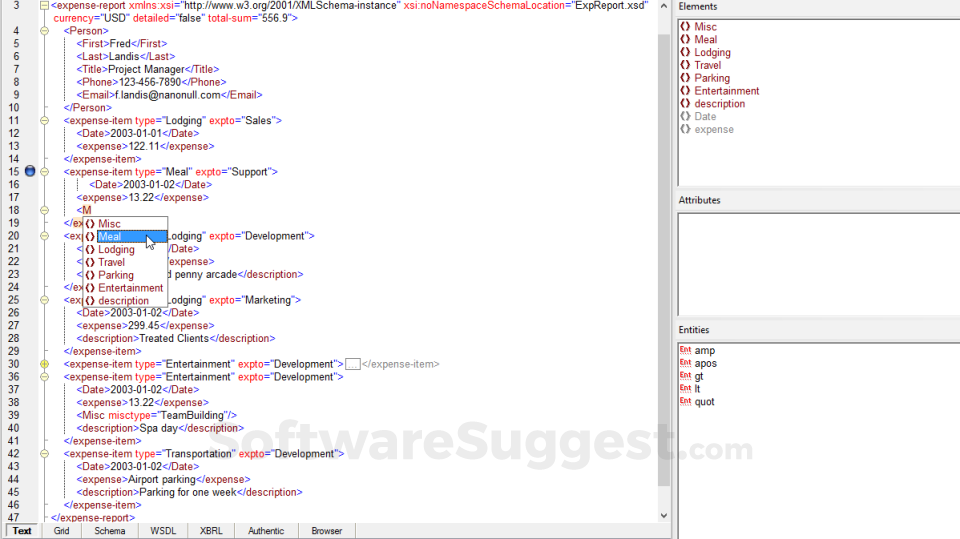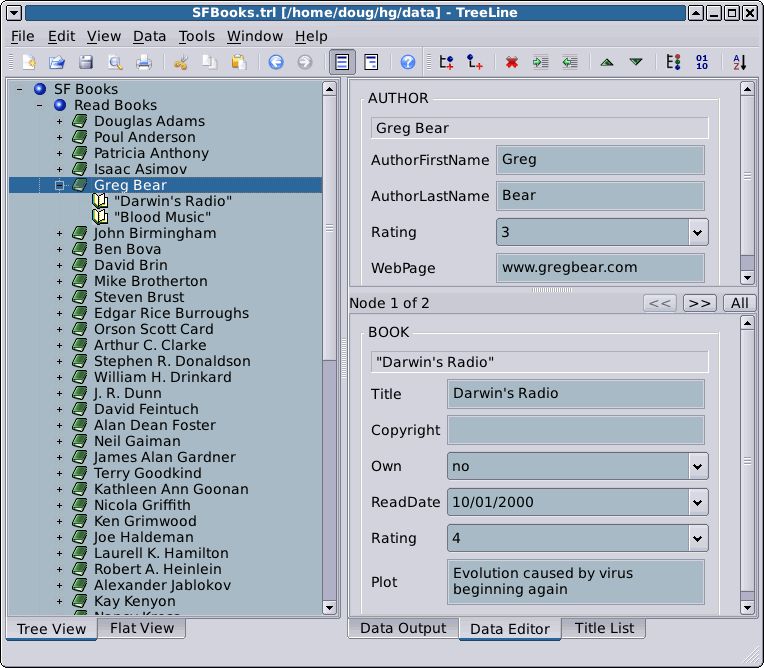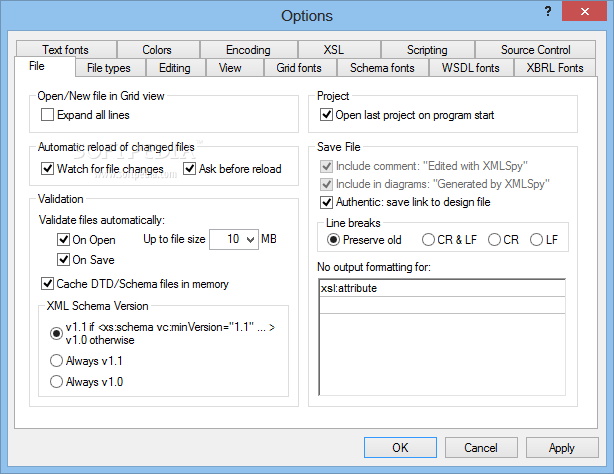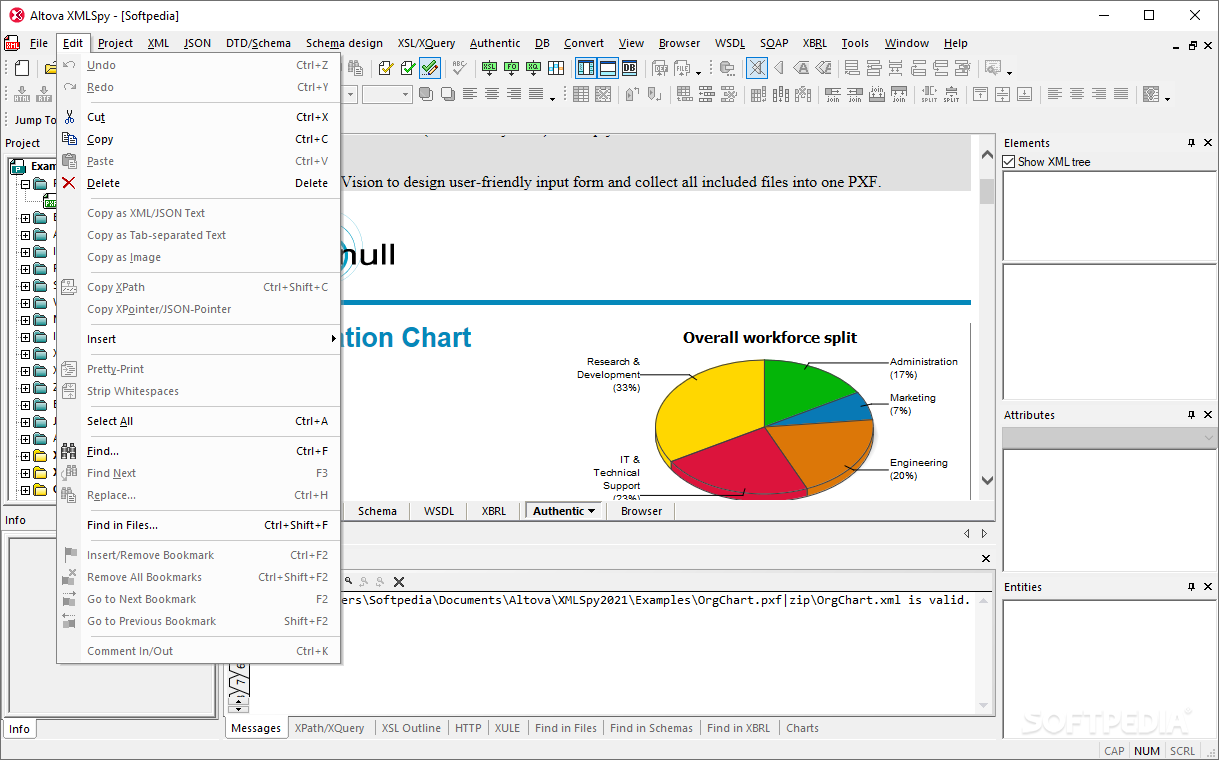

This Editor is generally designed for technical writers who need to author large, complex, modular documents. Being an extensible XML editor, this one may also be used to create documents conforming to their own custom schema. It is a strictly validating, DocBook editor, DITA editor, XHTML editor, WYSIWYG, XML editor, and much more with the leading functionalities. For the other elements listed above, the xpathDefaultNamespace attribute is set in their respective Details entry helpers ( see screenshot below for example).XMLmind XML Editor is best known for delivering the highly extensible XML editor that is used to create documents conforming to create the custom schema. The xpathDefaultNamespace on xs:schema is set, in XSD 1.1 mode, in the Schema Settings dialog ( Schema Design | Schema Settings ).

For more information about XPath default namespaces, see the section below.Ī default namespace declared in the XML Schema document is the default namespace of the XML Schema document. You can specify a namespace for the XPath expression via the xpathDefaultNamespace attribute in the Details entry helper. Simple types are not shown in the diagram, but can be defined in the Simple Type tab of the Details entry helper. If the type is a complex type, it is shown in the alternative element's expanded rectangle and can be further edited there ( see screenshot below).

The type of the alternative element is specified in the Details entry helper. You can add an alternative type to an element declaration as a child via the element's context menu ( see the content model in screenshot above). The alternative element and the simple type xs:error are new in XSD 1.1.In this event, the element may have any well-formed XML content. If no alternative element condition is met and if the element has no default type, then the element is assigned a type of anyType.In our example above, however, the alternative element of type xs:error will be used if both the previous alternative element conditions return false. This type serves as the default type if none of the alternative elements are used. Notice that the Publication element has a type ( PublicationType ).In Content Model View, the order can be changed by dragging the alternative element boxes into the desired order. So the order of alternative elements is important. The first alternative element from among the alternative siblings to evaluate to true is selected.The listing for the above declarations is given below: The third alternative element has no test attribute and a simple type assignment of xs:error (assigned in the Details entry helper, not shown in the diagram), which, if triggered, returns an XML validation error. In the screenshot below, the Publication element is declared with three alternative child elements, two of which have test attributes ( eq 'magazine' and eq 'book').

Multiple types are specified, each in an alternative element. In the schema, this is done using the alternative element, which is new in XSD 1.1. In the schema, the type of the publication element can be specified to vary according to the value of the instance element's attribute value. For example, say the XML document has the following element: Conditional type assignment is an XSD 1.1 feature that allows the type of an element to be determined by content in the XML document, specifically by the value of the element's attributes or by the presence or absence of attributes.


 0 kommentar(er)
0 kommentar(er)
